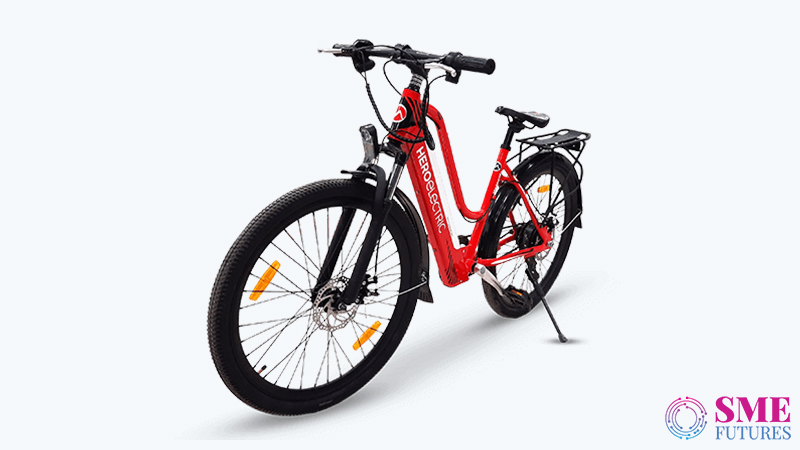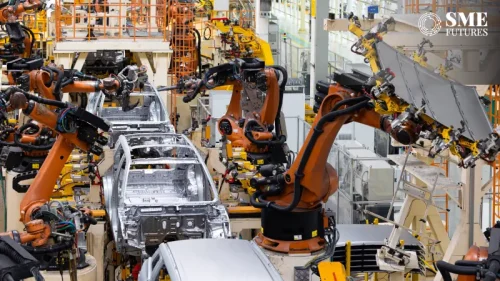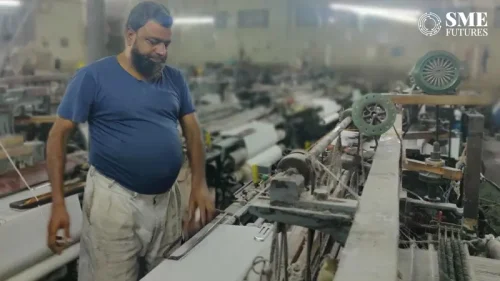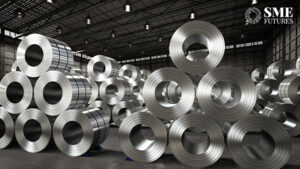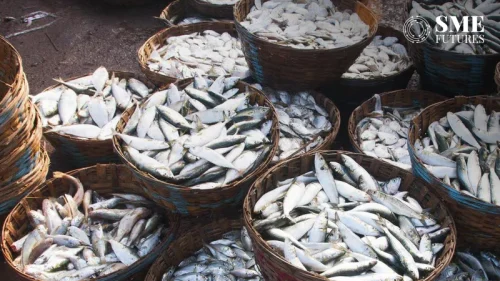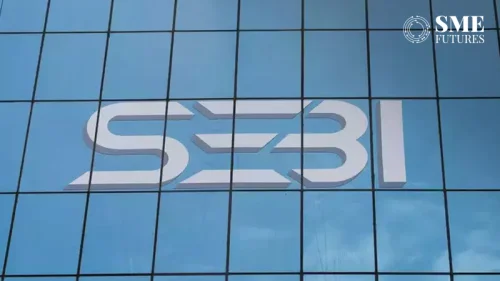The electric bicycle business in the country, which was poised to displace China as the world leader in e-bicycles manufacturing, seems to be at risk in its infancy following a policy snub with electric bicycles getting excluded from all major manufacturing and export promotion policies, including the Faster Adoption and Manufacturing of Electric Vehicles in India Phase II (FAME-II) and production-linked incentive (PLI), says the top official of Hero Cycles, one of the world’s largest bicycle manufacturers.
The company, which has crossed the 150 million production milestone since its operation began in 1956, said that due to policy snub for the industry, India risks losing a visible pipeline of Rs 10,000 crore worth of e-bicycles export orders to the European Union over the next five years as the bloc reduces its dependence on China and firms up reshoring e-bike production.
“The EU levies a heavy anti-dumping tariff on e-bike imports from China that may go as high as 83 per cent. It initiated a resultant re-shoring of e-bike production in 2019, and the estimated re-shored e-bike production was 930,000 units with countries like Portugal, Poland, France, Bulgaria, Italy and Romania grabbing more than 80 per cent of it.
“With quality products at a competitive price, Indian manufacturers are poised to grab this opportunity to secure the migrating business out of China and the encouraging response to our first batch of e-cycles delivered in June is a testament to it,” said Pankaj M. Munjal, Chairman and Managing Director, HMC Group.
“However, we are losing out on the policy side that would have helped the industry take advantage of the shrinking share of China and the far-East as the suppliers of e-bikes to the EU, as e-bicycles are conspicuous in their absence in the FAME II and PLI schemes despite several representations to the ministries concerned, even as every electric vehicle, including e-scooters, e-motorcycles, e-cars, and e-buses, enjoy incentives under these schemes.
“We are afraid that the specific exclusion has mass migrated the manufacturing value of around Rs 1000 crore going up to Rs 3,000 crore in FY24 to the re-shored capability of the EU. In the next five years, India would lose a visible pipeline of Rs 10,000 crore worth of export orders of e-bicycles if re-shored capability of the EU manages to secure the migrating business out of China instead of India,” Munjal added.
Hero Cycles, which leads bicycle production globally, started manufacturing electric bicycles three years ago.
Following the Make-in-India initiative, the company invested more than Rs 300 crore to manufacture e-bicycles, and another Rs 400 crore through its vendor base, and Rs 300 crore in the UK for exporting to international markets to grab the lion’s share of migrating e-bicycle manufacturing from China to the EU countries.
“E-bike sales in Europe are expected to grow five times in the next decade at a CAGR of 16 per cent. India has the second largest bicycle making capability in the world and lower import duty would help increase export to the UK. Further, generalised systems of preferences (GSP) benefits are given to many Indian products in the UK, but not to bicycles that attract an import duty of 14 per cent.
“Therefore, to compete against the least developed countries and GSP countries enjoying zero import duties in the UK and to remain competitive globally, India must negotiate and lock a deal to bring down the import duties on bicycle to the level of LDC and GSP countries, i.e., 0 per cent from existing 14 per cent,” said Munjal.

